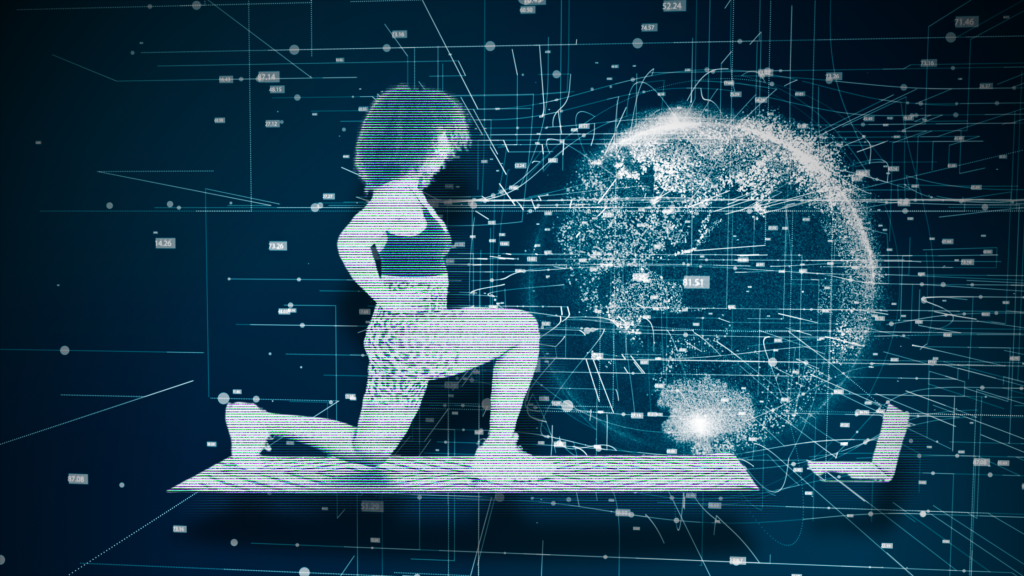Can AI Really Customize Your Fitness and Diet Goals?
In the world of fitness and nutrition, AI software is stepping into the ring as a new contender. Forget expensive trainers or dietitians—tools like AI assistants claim to offer personalized workout routines and meal plans tailored to your specific goals. Sounds too good to be true, right? Let’s dig into the hype—and the reality.
AI isn’t magic, but it’s also not a scam. It’s a tool, plain and simple. You feed it your goals, limitations, and preferences, and it spits out suggestions. But here’s the catch: it’s only as good as the information you give it.
The Promise of Personalized Workouts
AI software can generate workout plans based on your fitness level, time availability, and equipment. Whether you’re a beginner looking for bodyweight exercises or an experienced lifter aiming to bulk, these tools promise to create routines that fit seamlessly into your life.
Need a quick workout? AI can craft a 20-minute high-intensity interval training (HIIT) plan. Got a specific muscle group you want to target? It’ll design a split routine for that. What’s more, many platforms offer progressive plans, adapting as you get stronger and fitter.
But here’s the controversy: AI isn’t watching you. There’s no trainer correcting your squat form or ensuring your deadlifts don’t wreck your back. And while it can suggest routines, it won’t know if you’re skipping leg day unless you’re honest about it.
Nutrition Advice: Tailored or Templated?
Meal planning is where AI really shines—for better or worse. You can ask for a high-protein vegetarian meal plan or guidance on hitting your macros without breaking the bank. AI will provide recipes, shopping lists, and even calorie breakdowns.
But here’s the thing: while it’s great for general guidance, AI can’t replace a registered dietitian. It doesn’t know your medical history, allergies, or specific nutrient needs. Sure, it’s a game-changer for anyone struggling with where to start, but if you need more nuanced advice, you’ll still need a human touch.
What AI Does Well—and What It Doesn’t
The best thing about AI fitness tools? Accessibility. They’re cheap (or even free), available 24/7, and easy to use. They’re perfect for people who don’t want to commit to pricey personal training sessions or structured diet plans.
The downside? They lack emotional intelligence. Motivation, accountability, and adapting to real-world obstacles are areas where AI falls flat. A trainer might push you when you’re slacking; AI doesn’t care if you skip your workout for a Netflix binge.
Is AI Fitness Overhyped?
Let’s call it what it is: AI fitness tools are an option, not a replacement. They’re not going to magically transform you into a fitness guru overnight. But for people with tight budgets, busy schedules, or the drive to self-learn, they’re a solid stepping stone.
Still, this isn’t a one-size-fits-all solution. If you thrive on human interaction or need someone to physically guide your fitness journey, stick with traditional methods. But if you’re willing to put in the work and use AI as a resource—not a crutch—it can take you far.
So, is AI fitness for you? That depends on how you approach it. It’s not the Holy Grail, but it’s a powerful tool for those ready to take charge of their own health.


